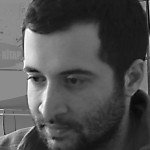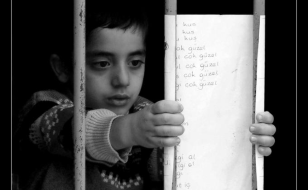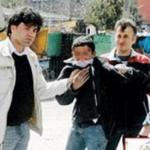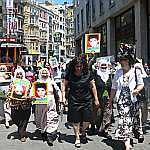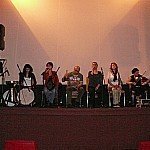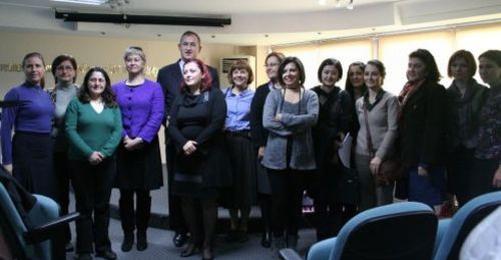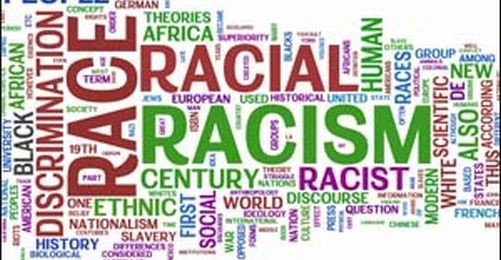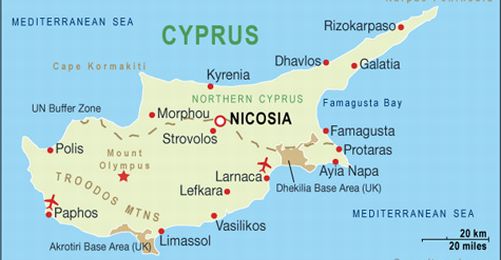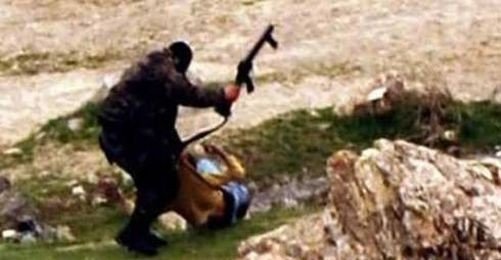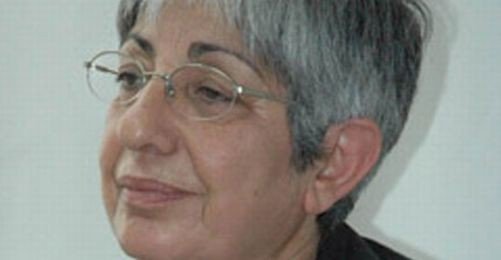On Tuesday, there were two court hearings in Diyarbakır. Human rights activists who have come together as the Initiative for Justice for Children came to the city in the southeast of Turkey from Izmir, Istanbul and Ankara to join local activists of the Initiative.
Call for a release of children
The Initiative reiterated its demand for the release of the dozens of children who were arrested in different provinces and at different times for taking part in protests. It has also called on changes in the regulations that make such arrests possible.
The first trial hearing took place in the morning. Six children who had been released in December 2008 after being detained for two months, stand accused of membership in an illegal organisation, namely the illegal Kurdistan Workers’ Party (PKK).
Need for more comprehensive report
The court case was closed to the press and public. The court listened to an expert report prepared by Ümit Biçer, head of the forensic medicine department at Kocaeli University. In the report, which the defence lawyers had asked for, Biçer concluded from examining the files that the children were too young to realise the crime they were accused of or the consequences of taking part in protests.
Biçer criticised earlier reports for only taking into account the mental state of the children and said that experts from different disciplines had to carry out a comprehensive examination.
When the prosecution approved of this, the court postponed the case until 12 May in order to give the lawyers time to create a social examination report on the children.
Police statements considered sufficient proof
Canan Atabay, lawyer for the children, told bianet that if the court demanded a new social examination report and if it was carried out by a deputation of experts, that this could create a precedence for other cases.
The lawyer added that four children were arrested for taking part in protests purely on the statements of police officers, without any further proof. According to the expert’s report, one of the other two children was also not filmed on the police video, and it was “doubtful” whether the last child was filmed either.
Detention of two children to continue
In the afternoon, the trial of four other children continued. Because they are aged 15-18, they are being tried before a Special Heavy Penal Court, which has taken the place of the State Security Courts. Two children are being tried without detention, but it was decided to continue the detention of the two other children.
Despite the fact that there is no proof beyond the statements of police officers as to the participation of the children in protests, the three judges refused a demand for the release of the two children. In addition, the court sent an indictment to the school of two children in order to support a disciplinary investigation into their behaviour.
The court case has been deferred until 24 March.
Children tried as adults
The Justice and Development Party (AKP) government made an amendment to the Anti-Terrorism Law (TMY) in 2006, allowing children aged between 15 and18 to be tried as adults concerning charges defined in that law. As such, just participating in an event called by the PKK results in charges of "membership to a terrorist organization", foreseeing harsh penalties.
The amendment came after wide spread protests in Diyarbakır and other cities with a majority Kurdish population.
Rights activists demand an alteration in law, to bring the existing practice in par with international standards on child criminal justice system.
Hundreds of children on trial and/or sentenced
Only this year, more than 100 children were taken into custody during protests in commemoration of the arrest of PKK leader Abdullah Öcalan on 15 February ten years ago. In 2006 and 2007, 1,572 children were put on trial on charges under the Anti-Terrorism Law and the Penal Code. During the same time, 174 children were sentenced, 92 of them in Diyarbakır.
Other trials will continue in March, too. (EÜ/AG)




